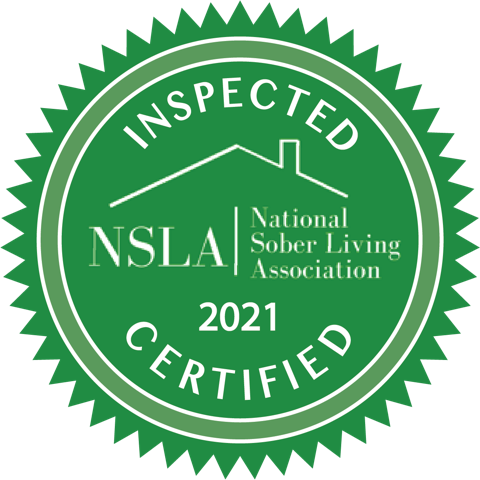Returning to the “real world” after completing a residential addiction treatment program can seem intimidating. For the first time in your life, you’ve had an opportunity to focus fully on yourself and your health, confront challenging emotions and learn who you are without drugs or alcohol blurring the picture. You may be reluctant to leave the structure and safety you’ve found in your recovery community, but the lessons you’ve learned will serve you well as you embark on a sober lifestyle. Here are some essential tools you’ll need to regain independence after treatment.
1. Practicing Life Skills
If your addiction caused you to ignore your daily responsibilities and the people in your life were willing to enable you, your life skills may have atrophied. Personal growth is hard work, and you can’t achieve your goals if you always rely on someone else to step in and prop you up. it’s essential to master life skills such as time management, budgeting, problem-solving, relapse prevention and overcoming adversity. Completing life skills training can help cement these abilities.
2. Finding a Job
Getting and holding a steady job is an accomplishment that proves you can be responsible and keeps you accountable. You will learn teamwork, punctuality and how to be a better listener. However, since many traditional workplaces can be stressful, you’ll want to start by looking for a “get-well” job that will allow you to gradually reacclimate without challenging you too much. Approachable, low-stakes, flexible work that lets you earn and save money, feel personally fulfilled and take pride in yourself will help you regain independence gradually.
3. Learning to Forgive Yourself
Addiction and low self-worth go hand in hand. It’s understandable that your confidence might be a little bit shaky after carrying such a heavy burden of guilt, shame and secrecy for so long. Still, you must trust yourself if you hope to regain independence. Self-forgiveness is critical in early recovery. Let go of all the negativity and move forward with the belief that you deserve to heal. If you’re still struggling to find your inner strength, focus on your higher power and draw from your faith in it.
4. Asking for Support
While independence is a virtue, you can’t expect to tackle all the challenges of early sobriety alone. After making amends with people you harmed and asking them to give you another chance, your family and friends can play a significant role in your successful recovery. The path to improved mental and physical wellness has many ups and downs, and it’s not always easy to keep moving in a positive direction. Your sober support network can encourage you to practice self-care activities, such as meditating, exercising, eating a balanced diet and taking breaks when you need them.
Experience Freedom and Independence Here
Still Waters is a fully immersive 12-step recovery community staffed entirely by recovering alcoholics and addicts who want to share their experience, strength and hope with others. Our treatment philosophy may resonate with you if you are ready to work a spiritually based program that empowers you to discover the most authentic version of yourself. To learn more about whether Still Waters is a good fit for you, connect with us today.





